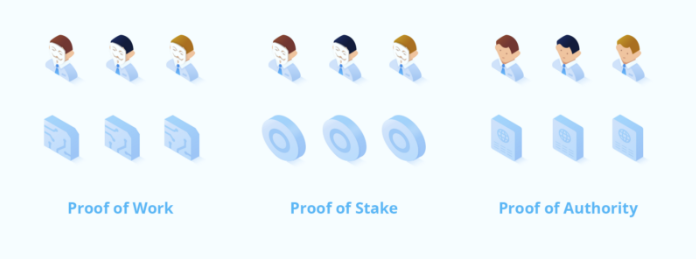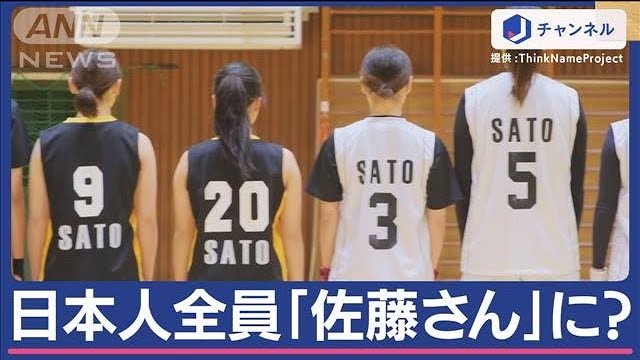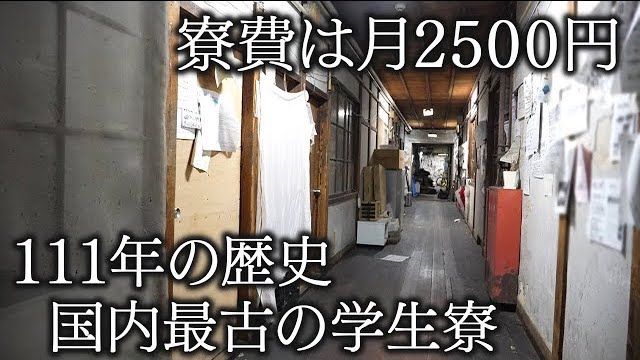Proof of Stake consensus mechanism has recently received a lot of air time in the context of blockchain scalability issues. Without going into details about its advantages over Proof of Work, Proof of Stake eliminates the need to spend a huge amount of electric power to validate the blocks. Instead, blockchain participants with the most stake in it are selected by algorithm for the right to validate the blocks. The assumption behind Proof of Stake is the following: those who hold a stake in a network are incentivized to act in its interests. All else equal, the more stake one has, the higher should be his or her interest in preserving the system.

The big vulnerability of such a concept, however, is the fact that the same size stake may be valued differently by different actors. For example, take Alice, an early adopter of the blockchain technology with a massive portfolio of digital assets, and Bob, a newbie who is just exploring the emerging token economy. Let’s say they both hold the same stake in a hypothetical network, Elixirium, 1,000 ELX each. In isolation, we could assume that Alice and Bob are equally interested in Elixirium’s success. We cannot be as confident, however, when we take their other holdings into consideration. If 1,000 ELX is only 1% of Alice’s total wealth, while for Bob it represents nearly 50%, their incentives are tough to compare. Alice might care about Elixirium much less than Bob does, even though they have the same stake. Consequently, her desire to act in the interest of the network might also not be as strong as Bob’s.
Is there a way to preserve the staking concept, with scarcity and measurability of stake, while ensuring that all who place that stake value it similarly, regardless of other circumstances? Proof of Authority, an alternative consensus mechanism in which the nodes validating blocks are the ones explicitly allowed to do so, might be an interesting approach to consider. Proof of Authority (PoA) is a modified form of Proof of Stake (PoS) where instead of stake with the monetary value, a validator’s identity performs the role of stake. In this context, identity means the correspondence between a validator’s personal identification on the platform with officially issued documentation for the same person, i.e. certainty that a validator is exactly who that person represents to be.
We at Oracles Network implement PoA, but we are not the only ones. Kovan and Rinkeby, the two Ethereum testnets, also use PoA as a consensus mechanism.
Just like in PoS, in PoA consensus, identity as a form of stake is also scarce. But unlike PoS, there’s only one identity per person. Unless we dive into criminal affairs or psychological complications, the majority of people only have one true identity.
Staking identity means voluntarily disclosing who you are in exchange for the right to validate the blocks. This means that the benefits you derive from it are public and so are the nefarious actions you might undertake. Identity placed at stake can serve as a great equalizer, understood and valued the same by all actors. Individuals whose identity (and reputation by extension) is at stake for the securing of a network are incentivized to preserve the network.
For the concept to work in real, live settings, a few conditions need to be satisfied:
Identity must be true: meaning there needs to be a standard and robust process of verifying that validators are indeed who they claim they are.
Eligibility for staking identity should be difficult to obtain: so that the right to be a validator becomes earned, valued, and unpleasant to lose.
The procedure of establishing the authority needs to be the same for all validators: to ensure that the network understands the process and can trust its integrity.
To satisfy these conditions is actually not that difficult. We, at Oracles Network, has come up with a new approach for the validators of the core network by requiring them to obtain an active public notary license.
To establish that their identity is true, the notaries, who already have their identity information freely accessible in the public domain, go through the formal on-chain identity verification via the Oracles Network DApps. As public databases of licensed notaries and the Oracles Network verification DApps are independent from each other, forging information on either side will prevent a candidate from becoming a validator.
Even if one steals a license and somehow becomes a validator pretending to be someone else, the fact that staking is public will expose a nefarious actor. A single actor with a hacked authority does not have the capacity to overwhelm the network and revert all transactions. Therefore, requiring validators to have a public notary license makes identity impossible to conceal, while a concerned party can easily cross-verify identity in publicly available open databases.
To make eligibility for staking identity hard to obtain, candidates for validators have to overcome the hurdle of passing notary exams. Not only do the exams attest to no criminal records and good moral standing of a candidate, they also filter out those who are not committed. With on-chain governance making it simple to oust a non-conforming validator, losing a validator’s role eligibility is public. With their real names at stake, validators are unlikely to act nefariously to threaten their own social standing.
Fulfilling the notary requirements on top of going through the DApps verification process makes the procedure of gaining the reputation/authority explicit and unified and partially independent of the network itself. That establishes integrity and transparency of the process and helps the network participants trust that everyone has the same means to earn the status.
Interestingly, notary licensing itself does not mean an authority here. It does not establish that notaries are wiser or know something better than the rest. It is simply a piggyback that allows staking identity to be the same process for all. It establishes explicit, instead of concealed, on-chain governance. It ensures that validators care for their stake equally. It makes staking of identity public, so that validators are not inclined to ruin their social standing. And if you lose a stake in PoS, it is possible to regain it. If you lose reputation by abusing the validator’s role, getting it back is much tougher.
The simplicity of the PoA consensus comes with the need to ensure independency of validators and the necessity of giving them the means to protect their nodes. But these are the solvable issues. Identity-at-Stake PoA construct creates an incentive model where acting in the interest of the network is the best course of action a validator can take. Cost-efficiency of such a construct makes it an interesting model for blockchain consensus.
More on Oracles Network and PoA here:
Website: https://oracles.org/
Twitter: https://twitter.com/oraclesorg
Medium: https://medium.com/@oraclesorg
Forum: https://forum.oracles.org
Telegram: https://t.me/oraclesnetwork










